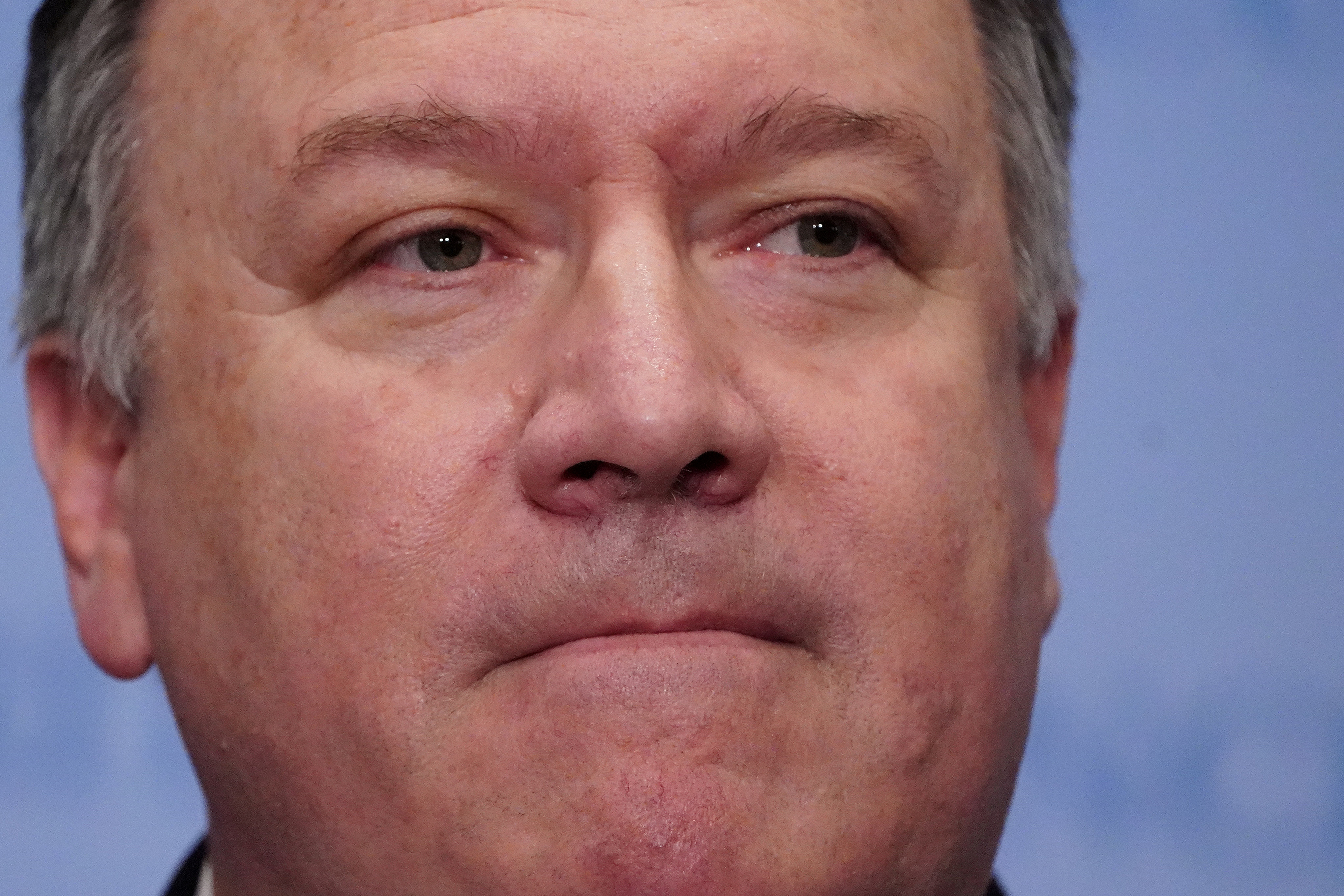
By Leah Millis, Tulay Karadeniz and Steve Holland
ANKARA/WASHINGTON (Reuters) – U.S. President Donald Trump said on Wednesday he did not want to abandon close ally Saudi Arabia over the disappearance of a Saudi journalist and government critic, and he needed to see evidence to prove Turkish claims he was killed by Saudi agents.
Trump said he was waiting for a full report on what had happened to Jamal Khashoggi from Secretary of State Mike Pompeo, whom he has sent to Saudia Arabia and Turkey to meet with officials over the incident.
Turkish officials have said they believe Khashoggi, a Washington Post columnist and a prominent critic of the authoritarian kingdom’s Crown Prince Mohammed bin Salman, was murdered at the Saudi consulate in Istanbul on Oct. 2 and his body removed. The Saudis have denied the allegations.
Turkish sources have told Reuters the authorities have an audio recording indicating Khashoggi was killed inside the consulate. He has not been seen since entering the building.
Trump, who has forged closer ties with Saudi Arabia and the 33-year-old crown prince, said the United States has asked Turkey for any audio or video evidence it may have related to Khashoggi’s fate.
Asked in a Fox Business Network interview if Washington could abandon Riyadh, Trump said: “I do not want to do that.”
The U.S. leader reiterated his hopes that Saudi leaders were not involved in his disappearance of Khashoggi, a U.S. resident.
“We have asked for it, if it exists…I’m not sure yet that it exists, probably does, possibly does,” he later told reporters when asked about audio or video evidence.
U.S. media outlets have reported that Riyadh, despite its earlier denials of involvement, will acknowledge he was killed in a botched interrogation. Trump has speculated without providing evidence that “rogue killers” could be responsible.
Turkey’s pro-government Yeni Safak newspaper on Wednesday published what it said were details from audio recordings that purported to document Khashoggi’s torture and interrogation.
Khashoggi was killed within minutes and his torturers severed his fingers during the interrogation, the newspaper said. His killers later beheaded and dismembered him, it said.
The New York Times cited a senior Turkish official confirming the details published by Yeni Safak. Two Turkish government officials contacted by Reuters declined to confirm the report.
How the crown prince emerges from the crisis is a test of how the West will deal with Saudi Arabia in the future.
Trump has appeared unwilling to distance himself too much from the Saudis, citing Riyadh’s role in countering Iranian influence in the region – and tens of billions of dollars in potential arms deals.
Other Western nations, although expressing concern about the incident, face a similar delicate situation in their dealings with the world’s top oil exporter.
IMPORTANT TIES
Pompeo meanwhile said Riyadh should be given a few more days to complete its own probe into Khashoggi’s disappearance. He met Turkey’s president and foreign minister to discuss the matter, a day after Trump gave Saudi Arabia the benefit of the doubt.
“They’re going to do an investigation, and when the investigation comes out we’ll evaluate it,” Pompeo told reporters traveling with him.
A State Department spokeswoman said Pompeo had not heard any audio recording purporting to indicate Khashoggi was killed.
Pompeo also said the United States must be mindful of important business and government ties with Saudi Arabia as it considers any steps once the facts have been determined.

Saudi officials arrive to the residence of Saudi Arabia’s Consul General Mohammad al-Otaibi in Istanbul, Turkey October 17, 2018. REUTERS/Murad Sezer
Khashoggi vanished during a visit to the consulate on Oct. 2 to collect marriage documents.
Turkish investigators entered the Saudi consul’s residence on Wednesday after delays. Their search included the roof and garage, and employed a drone to surveil the premises. The consul-general had left Turkey for Riyadh on Tuesday.
A pro-government Turkish daily published preliminary evidence last week from investigators who it said had identified a 15-member Saudi intelligence team that arrived in Istanbul on diplomatic passports hours before Khashoggi disappeared.
A New York Times report, citing witnesses and other records, linked four suspects to Prince Mohammed’s security detail.
One name matches a LinkedIn profile for a forensic expert who has worked at the interior ministry for 20 years. Another is identified in a diplomatic directory from 2007 as a first secretary at the Saudi Embassy in London. Others resemble officers in the Saudi Army and Air Force.
After his meetings with the king and crown prince on Tuesday, Pompeo said Saudi Arabia has committed to conducting a full investigation.
Asked whether they said Khashoggi was alive or dead, Pompeo said: “They didn’t talk about any of the facts.”
DESERTED CONFERENCE
Prince Mohammed has painted himself as the face of a new, vibrant Saudi Arabia, diversifying its economy away from reliance on oil and making some social changes.
But there has been criticism of some of his moves, including Riyadh’s involvement in the Yemen war, the arrest of women activists, and a diplomatic row with Canada.
U.S. Treasury Secretary Steven Mnuchin plans to attend an investment conference in Riyadh next week, even as IMF Managing Director Christine Lagarde, and top executives from Societe Generale <SOGN.PA> and Glencore joined a growing list of executives who have pulled out.
Saudi Arabia, an ally in U.S. efforts to combat Iranian influence in the region, has said it would retaliate against any pressure or economic sanctions.
(Additional reporting by Makini Brice and Lesley Wroughton in Washington, Ali Kucukgocmen and Daren Butler in Istanbul and Gulsen Solaker and Orhan Coskun in Ankara; Writing by Stephen Kalin and David Dolan; Editing by William Maclean and Angus MacSwan)










